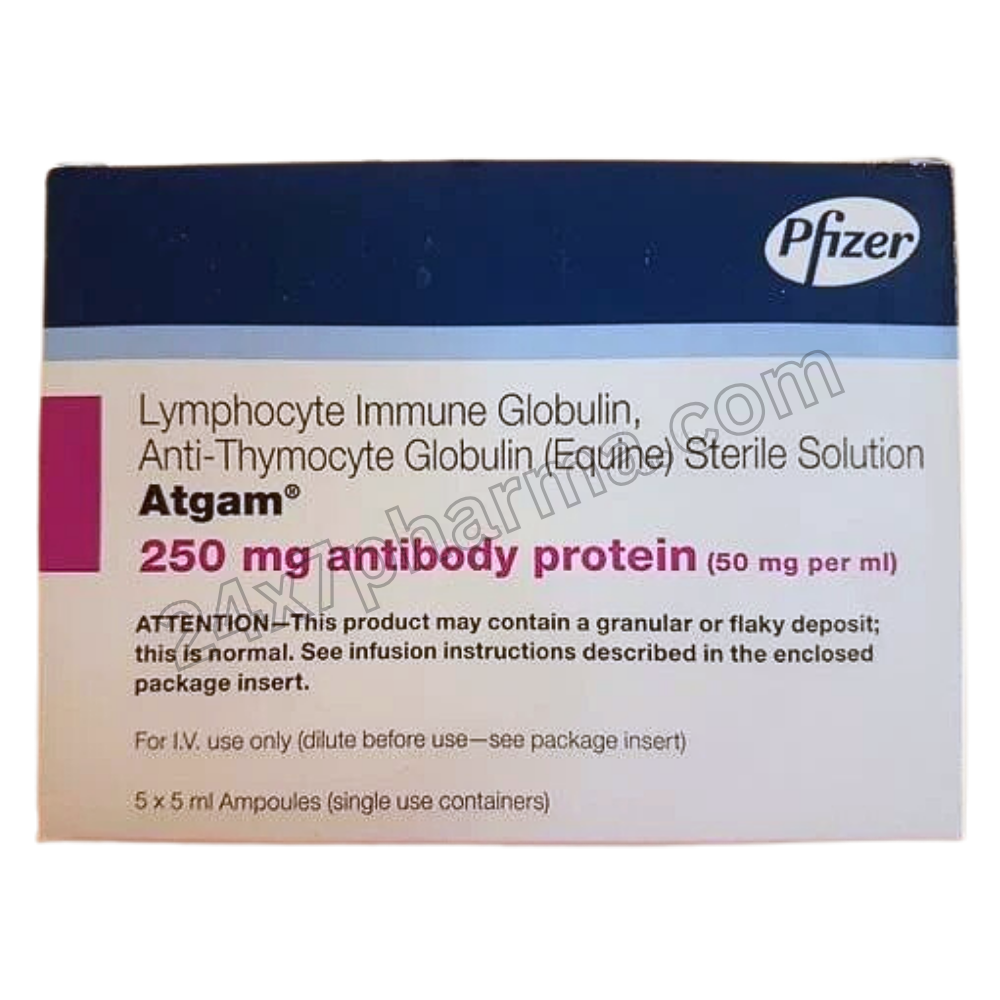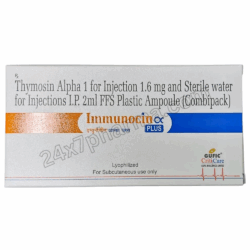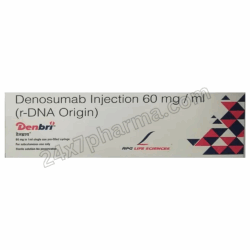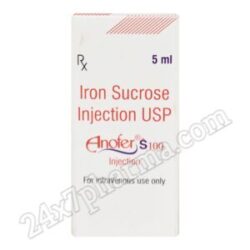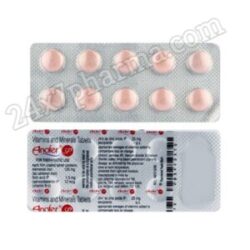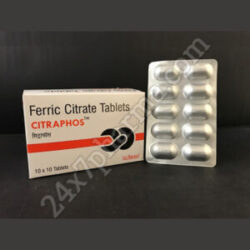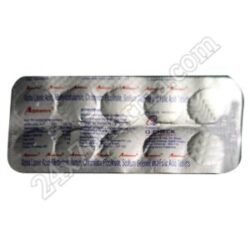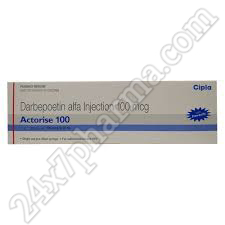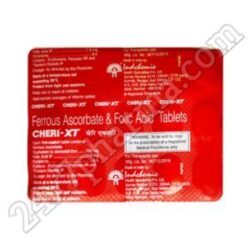Introduction to ATGAM 250mg Injection
ATGAM 250mg Injection is an immunosuppressive medication often used in the treatment of organ transplant rejection and certain autoimmune conditions. The active ingredient in ATGAM is antithymocyte globulin (equine), derived from horse serum and designed to target and reduce T-lymphocytes, a type of white blood cell that plays a crucial role in immune response. By lowering the activity of these immune cells, ATGAM helps to prevent the body from attacking transplanted organs, thereby improving transplant success rates and longevity. Additionally, ATGAM is used in conditions like aplastic anemia to suppress immune-mediated bone marrow damage. As a prescription medication administered in a healthcare setting, ATGAM must be handled with careful monitoring to ensure effectiveness and safety.
How Does ATGAM 250mg Injection Work?
The active component in ATGAM, antithymocyte globulin, works by targeting T-lymphocytes, a key component of the body’s immune response. T-lymphocytes are responsible for recognizing and attacking what the body perceives as foreign, including transplanted organs. In patients with autoimmune conditions or those who have undergone a transplant, an overactive T-cell response can lead to tissue or organ damage. ATGAM binds to these T-cells, marking them for removal by other immune cells, effectively lowering the body’s immune response. By depleting T-lymphocytes, ATGAM helps to prevent the rejection of transplanted organs and reduces immune attacks on the body’s own cells, making it a valuable treatment for patients with immune-mediated diseases.
Uses of ATGAM 250mg Injection
- Organ Transplant Rejection Prevention
One of the primary uses of ATGAM is to prevent organ rejection in transplant patients. Transplanted organs, such as kidneys, are often recognized by the body as foreign, leading to an immune response. ATGAM helps to suppress this response, allowing the body to accept the new organ and promoting transplant longevity. - Aplastic Anemia Treatment
ATGAM is also prescribed for severe aplastic anemia, a condition in which the bone marrow fails to produce enough blood cells. In many cases, aplastic anemia is thought to have an immune-related component. By suppressing the immune system, ATGAM helps to prevent the immune system from attacking the bone marrow, allowing it to recover and produce healthy blood cells. - Graft-Versus-Host Disease (GVHD)
GVHD is a potential complication of stem cell or bone marrow transplants, where transplanted cells attack the recipient’s body. ATGAM is sometimes used to mitigate this condition by suppressing the immune response of the transplanted cells, thereby reducing the severity of GVHD symptoms.
Side Effects of ATGAM 250mg Injection
As with any immunosuppressive medication, ATGAM can have side effects. While not all patients experience these effects, it’s important to be aware of potential reactions:
- Infusion-Related Reactions
Some patients may experience symptoms such as fever, chills, nausea, and rash during the infusion. Premedication with antihistamines or corticosteroids can help manage these side effects. - Increased Risk of Infections
Since ATGAM suppresses the immune system, it can make patients more susceptible to infections. It is crucial to monitor for symptoms such as fever, sore throat, or difficulty breathing, which could indicate an infection. - Low Blood Cell Counts
ATGAM can lower blood cell counts, leading to conditions like anemia, leukopenia (low white blood cells), or thrombocytopenia (low platelets). Blood cell levels should be monitored regularly during treatment. - Allergic Reactions
Rarely, some patients may experience allergic reactions, including anaphylaxis. Symptoms may include difficulty breathing, swelling, and severe skin reactions. Immediate medical attention is required if such reactions occur. - Liver and Kidney Function Alterations
ATGAM may affect liver and kidney functions, particularly in long-term use. Regular tests are advised to monitor liver enzymes and kidney function to ensure these organs are functioning properly.
Warnings and Precautions
- Administration in Healthcare Setting
ATGAM is typically administered by a healthcare professional in a controlled setting, such as a hospital, to monitor for any adverse reactions, especially during the infusion process. - Regular Blood Tests
Patients undergoing ATGAM treatment require regular blood tests to monitor blood cell counts and to ensure that the liver and kidneys are functioning well. This helps prevent complications from low blood cells or organ dysfunction. - Infection Precautions
Due to the immune-suppressing nature of ATGAM, patients are more prone to infections. It’s recommended to practice good hygiene, avoid close contact with people who are sick, and notify healthcare providers immediately if signs of infection appear. - Pregnancy and Breastfeeding
ATGAM may pose risks during pregnancy or breastfeeding. Pregnant or breastfeeding women should discuss the benefits and risks with their healthcare provider, as the medication could potentially affect the baby. - Allergy Monitoring
Since ATGAM is derived from horse serum, individuals with a known allergy to horse proteins should avoid this medication. Premedication and close monitoring are advised to reduce the risk of allergic reactions.
Frequently Asked Questions
- Can ATGAM be used during pregnancy?
Ans: ATGAM is generally avoided during pregnancy unless the potential benefits outweigh the risks. Consult with your healthcare provider if you are pregnant or planning to become pregnant. - How long will I need to stay on ATGAM?
Ans: The duration of ATGAM treatment varies based on the condition being treated and your response to the medication. Your healthcare provider will determine the most appropriate treatment plan for your situation. - Are there lifestyle changes I should make while on ATGAM?
Ans: To reduce the risk of infections, practice good hygiene, avoid crowded places, and limit exposure to sick individuals. Routine medical check-ups and regular blood tests are also recommended.

